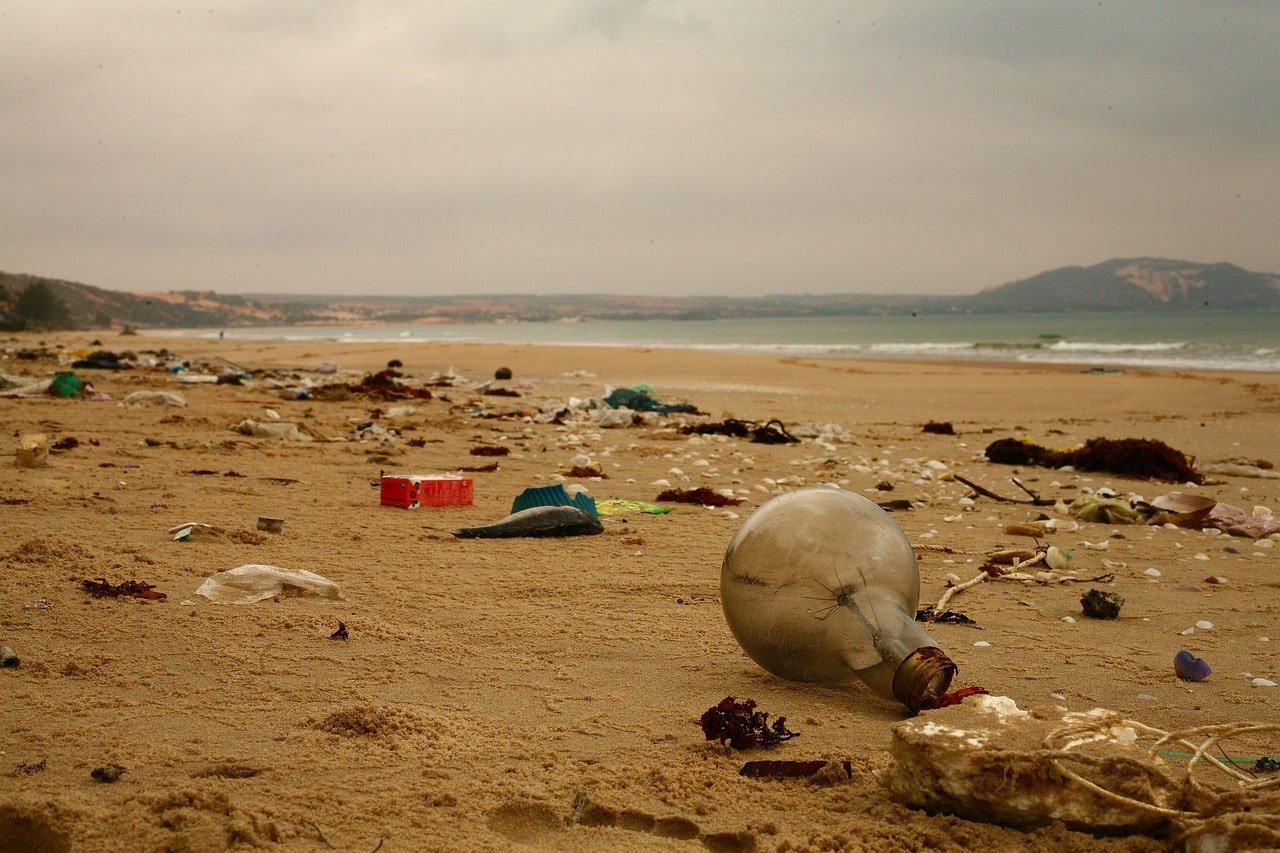Introduction
Amid ongoing international negotiations on a comprehensive plastic treaty, a recent report has brought to light the magnitude of plastic pollution infiltrating the environment each year.
The Organization for Economic Co-operation and Development (OECD) interim report not only underscores the severity of the issue but also emphasizes the critical need for immediate, coordinated policy interventions to address this escalating crisis. As nations grapple with the repercussions of plastic pollution, the findings serve as a compelling call to action.
21 Million Tonnes of Plastic Pollution Annually
The OECD interim report reveals a startling statistic: an estimated 21 million metric tons of plastic entered the environment in 2022, with a significant portion—9 million tons—polluting aquatic environments.
This alarming statistic underscores the critical need to implement effective measures to reduce plastic usage and curb waste generation. This urgency is heightened, especially considering projections that indicate a persistent surge without decisive action.
Consequences of Inaction
The repercussions of maintaining the status quo are dire, with detrimental impacts on nature, climate, and human health intensifying.
Projections suggest that plastic stocks in oceans could reach an alarming 226 million tons by 2040, underscoring the profound costs associated with the current trajectory of plastic pollution. Taking swift action is essential to prevent the onset of these long-term consequences.
Benefits of Ambitious Action
Amid the grim scenario, the report presents a ray of hope by outlining the potential benefits of ambitious, coordinated policies addressing the entire lifecycle of plastic. Such measures, if implemented, could reduce waste generation by 25% below projected levels by 2040.
Moreover, these measures hold the potential to practically eradicate mismanaged waste and substantially decrease leakage to a mere 1.2 million tons. These outcomes highlight the transformative impact of comprehensive policies on mitigating plastic pollution.
Also Read | How Chinese Scientists Created Monkey Chimera 2023? Amazing |
Challenges and Costs
Although the potential benefits are encouraging, the path to realizing them is fraught with challenges. Overcoming technical and economic obstacles, especially in enhancing recycling practices, is pivotal. The report projects that taking ambitious action would entail a cost equivalent to 0.5% of global GDP in 2040.
Yet, it underscores that delaying action would lead to even more substantial long-term costs. Achieving equilibrium between short-term investments and long-term benefits is a crucial element in the formulation of effective policies.
The report draws attention to the uneven distribution of impacts, with fast-growing countries facing disproportionate costs relative to their GDP. These nations would require over $1 trillion for effective waste management until 2040.
This insight underscores the imperative for international cooperation to address the imbalanced burden of costs and ensure equitable participation in global efforts to combat plastic pollution.
Insufficient Current Efforts
In spite of the pressing need to address plastic pollution urgently, the report highlights that current policies fall short of being adequate. This emphasizes the need for bolder, more comprehensive actions across the entire lifecycle of plastic.
It highlights that substantial efforts are essential to come close to eliminating plastic pollution by 2040, underscoring the urgency for a paradigm shift in current approaches.
Conclusion
The revelation of the staggering scale of plastic pollution in the OECD interim report serves as a stark reminder of the environmental challenges at hand. As nations strive to balance economic development and environmental sustainability, the findings underscore the crucial imperative to adopt concerted and ambitious measures in order to mitigate the severe repercussions of plastic waste.
The integration of innovative technologies, global cooperation, and sustainable practices are essential elements in crafting a resilient, plastic-free future for generations to come.
